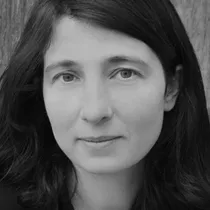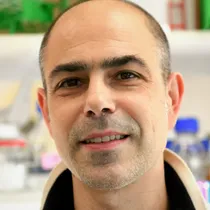- Accueil >
- Publications >
- Intergenic accumulation of RNAPII maintains the potential for swift transcriptional restart upon release from quiescence
Intergenic accumulation of RNAPII maintains the potential for swift transcriptional restart upon release from quiescence
Auteurs
Manuela Baquero Pérez, Gertjan Laenen, Isabelle Loïodice, Mickaël Garnier, Ugo Szachnowski, Antonin Morillon, Myriam Ruault, Angela Taddei
Résumé
Quiescent cells (Q) are seemingly inactive, developmentally arrested cells, whose universal characteristic is the ability to promptly reenter the cell cycle upon sensing of external cues. Q cells are responsive to the environment and flexible enough to adapt to available resources. In budding yeast, quiescent nuclear features are drastically distinct from those observed in nutrient replete conditions: the nuclear volume is reduced, the telomeres relocate from the nuclear periphery to the center of the nucleus into a hypercluster, chromatin is found in a compacted, hypoacetylated state, and transcription is globally shutdown. Yet, Q cells can restart transcription within minutes of refeeding. Here, we follow the global decrease of transcription in sorted, developing Q populations, and its reactivation upon release. We find that transcription and telomere clustering dynamics in and out of quiescence are independent events. We report a genome-wide redistribution of the transcription machinery as cells progress into quiescence. Although most genes are shut down, 3% of coding genes remain active. Furthermore, RNAPII accumulates at one third of gene promoters. The corresponding genes are highly enriched among those showing a high level of transcription and high frequency of expression in individual cells, shortly after cells are refed, as monitored by single-cell RNA-seq. Our results point toward a role for quiescent-specific RNAPII distribution to ensure a rapid and robust transcriptional response upon return to growth.
Equipes

Membres

MYRIAM RUAULT
Ingénieur de recherche
ANGELA TADDEI
Directeur de recherche CNRS
ANTONIN MORILLON
Directeur de recherche CNRS


